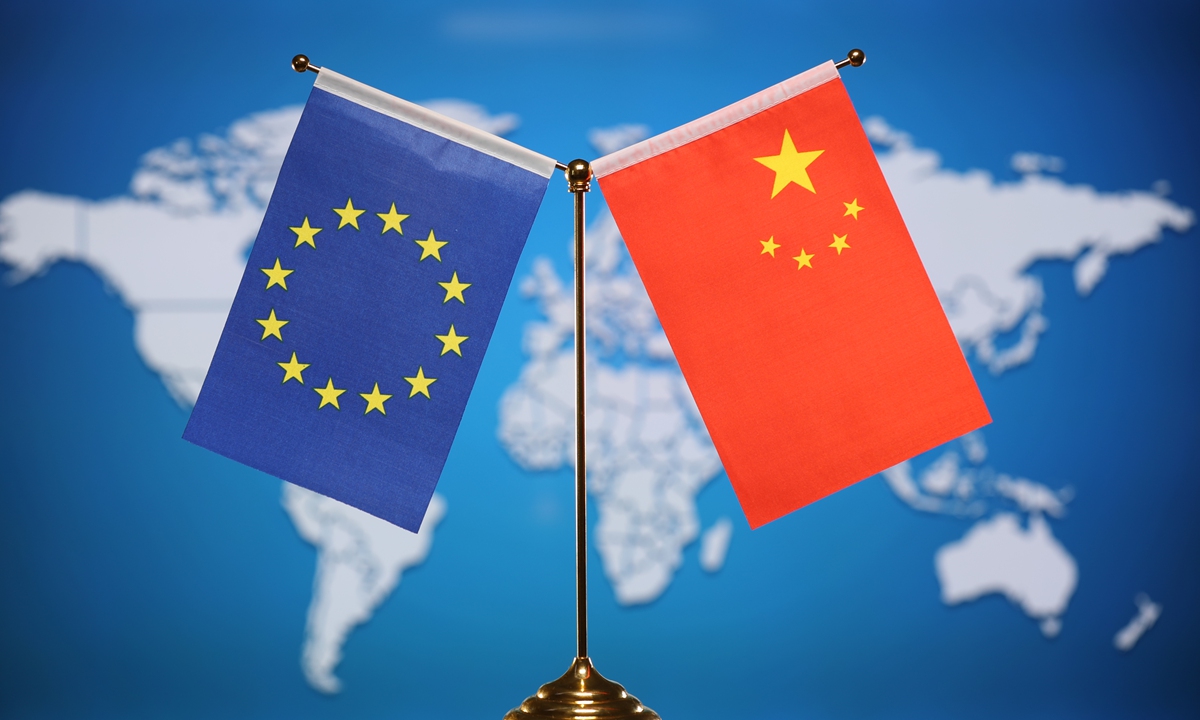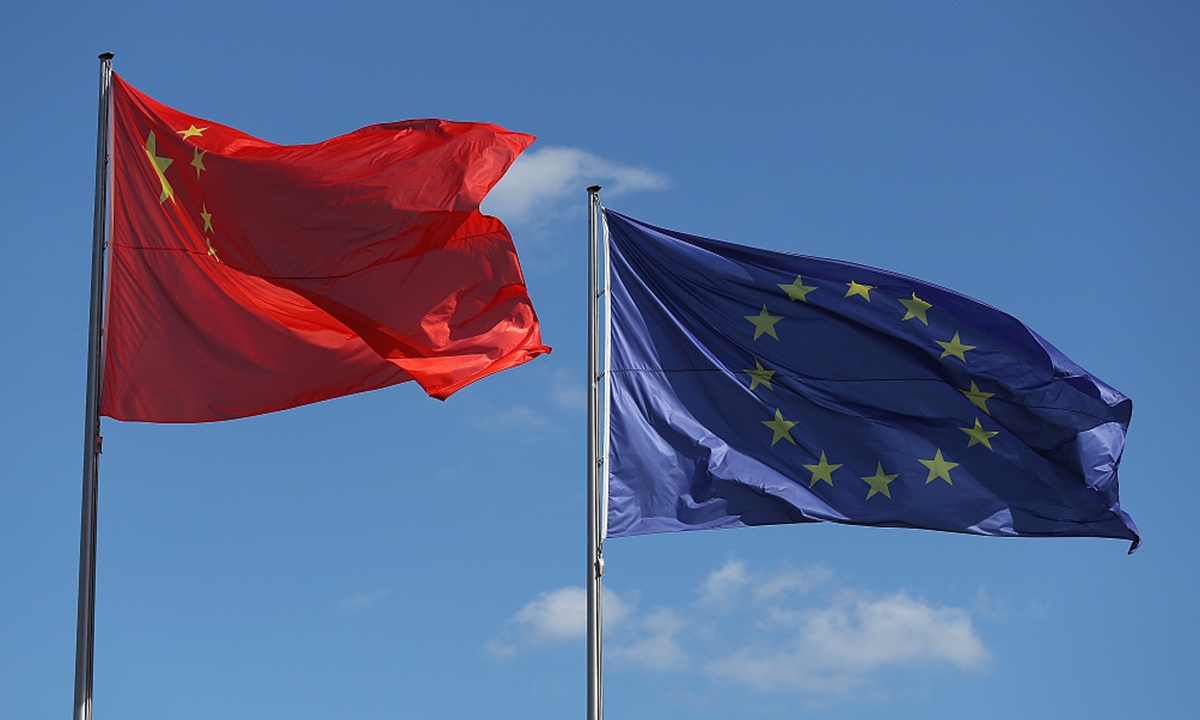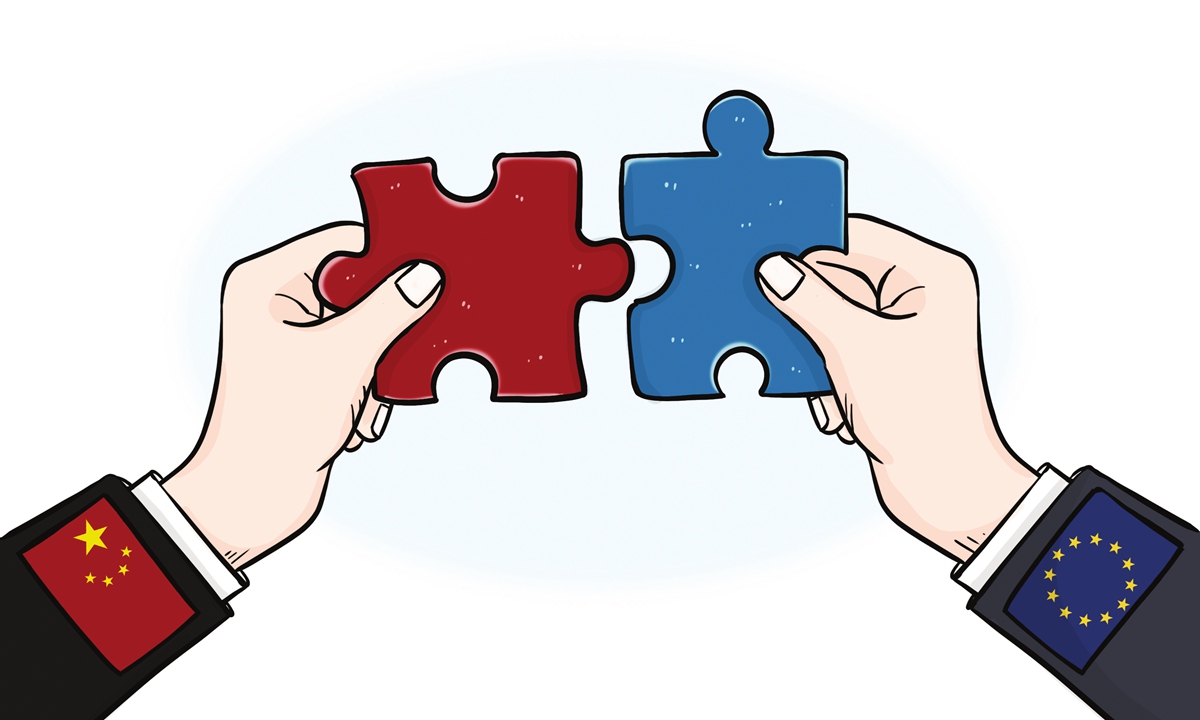.
.
Ability to speak many languages a great advantage, academics say
A GOOD command of languages opens doors for fresh graduates entering the workforce.
Faced with the challenges of globalisation, and a competitive job market, multilingualism is a crucial communication skill to have, according to academics.
Being multilingual provides a greater advantage for employability, especially in a borderless world, linguistics expert Prema Ponnudurai, who oversees Taylor’s University Centre for Languages, said.
Last year, a report by the European Commission revealed that employees who speak another language are generally paid better than their monolingual counterparts.
And in 2019, up to 35% of people responsible for hiring or managing people told Forbes that an employee’s proficiency in another language resulted in extended job offers, job interview prospects, promotion recommendations and pay raises.
The article, referencing “The Wage Premium From Foreign Language Skills” survey, highlighted how speaking a second language can add 11% and 35% to one’s salary, depending on the language and the country employees are based in.

Dr Teh: Multilingualism gives job seekers an advantage.
National Association of Private Educational Institutions (Napei) secretary-general Dr Teh Choon Jin said proficiency in multiple languages is an invaluable communication skill which allows students to expand their networks easily when they enter the workforce.
“There is an element of familiarity when a person connects with another in a common language.
“Living in a multicultural country like Malaysia with various languages and dialects, one can easily switch from one language to another seamlessly.
“As international students from diverse backgrounds and countries flock to Malaysian universities, the integration and cultural exchange through engagement where language plays a part will enrich the learning experiences for both Malaysian and international students.
“There are also studies that show how being multilingual can improve a person’s cognitive ability through their sensory processes.
“Being multilingual is an underrated but hugely critical skill to have today more than ever,” explained Teh, who is also Asia Pacific University of Technology & Innovation (APU) senior director and registrar.
Knowledge transfer
But setting oneself apart from other jobseekers to secure employment isn’t the only advantage multilingualism holds.Prof Dr Mohd Tajuddin Mohd Rasdi of UCSI University said language opens up an avenue of understanding different cultures, values and belief systems.
Prof Mohd Tajuddin, who is from the varsity’s Tan Sri Omar Centre for Science, Technology and Innovation Policy Studies, said language isn’t only a means of ordering food or asking for directions.
“Understanding another language not only opens the door to information, but also to spiritual, cultural and political understanding, which is essential.

Prof Dr Mohd Tajuddin: Language promotes understanding between different communities.
“The aspect of communication also involves appreciating and dignifying ‘the other’ and if we cannot learn this, then we are in conflict with our society.“This could lead to people sticking to their own groups, be it culturally or religiously, and this is not good,” he shared.
Universiti Kebangsaan Malaysia Institute of Malay World and Civilisation (ATMA) director Prof Datuk Seri Dr Awang Sariyan said in addition to expanding career opportunities, the ability to speak more than one language allows for the transfer of knowledge between countries, fosters better understanding among citizens globally, and promotes unity, tolerance and the sharing of universal human achievements.
No nation, he said, should ignore the development of knowledge, science and technology in a barrier-free world.
This is vital, said Prof Awang, if the country wants to be competitive internationally.
“Language is the main vehicle in the context of countries benefiting from the development of knowledge, science and technology.

CLICK TO ENLARGECLICK TO ENLARGE
“There should not be a ‘clash of civilisation’. Instead there must be cooperation, sharing of knowledge, tolerance and respect among citizens,” he noted.
ATMA has been appointed by the Higher Education Ministry as the secretariat to start the strategic cooperation between HEIs in Malaysia and selected Asean countries to develop important aspects of Malay civilisation at the international level.
This is part of Higher Education Minister Datuk Seri Dr Noraini Ahmad’s recommendation to the government to set up a Bahasa Malaysia (BM) language development steering committee for HEIs, in line with Prime Minister Datuk Seri Ismail Sabri Yaakob’s call for government officials to speak BM at conferences.
Ismail Sabri said there are more than 300 million people in South-East Asia speaking the language, and that it is the seventh most widely used language in the world.
“It is my ambition to make BM the second official language of Asean,” he said during his winding-up speech at the Umno general assembly on March 19.
Promote proficiency
Teh noted that proficiency in any language will only be enhanced through regular practice.
“There should be activities that are designed to promote the use of various languages, for example, social interaction using a specific language on certain days or during special events,” he said, citing initiatives such as local and international students communicating in BM when visiting an Orang Asli village, a debate or storytelling session in certain languages, and a national language month, as examples.
Activities and events geared towards promoting the usage of languages would enhance engagement and social integration while allowing students to practise their conversational skills, he offered.
Prema suggested that the design and development of the languages curriculum in HEIs be reviewed.
Prominent global languages for business and commerce, diplomacy, cyberspace, hospitality and the sciences, she said, should be structured as core subjects in the related disciplines.
“With this added importance to languages at the higher education level, we will be able to create proficient multilingual graduates.

Prema: Set up a multilingual steering committee in HEIs.
“University-industry partnerships with international language organisations are crucial in exposing students to the real world and in improving their language proficiency in an immersive environment.
“Joint accreditations for these subjects by such organisations will be an added value and provide due recognition,” she explained.
This level of exposure and qualifications will give students the opportunity to apply their language skills in a professional context and to understand the importance of being multilingual, she said, while calling on the Education Ministry to train more language teachers for schools.
Language acquisition, she said, occurs more easily at a younger age.
While students currently have the option of studying languages like Tamil and Mandarin at primary and secondary levels, the lack of trained teachers means that there is a disparity of learning opportunities between rural and urban schools, she noted.
“We should train more teachers in other languages if we are to promote a robust multilingual talent pool.”
Teens: Learn more languages


“I am one of the few Malaysians who are monolingual. It is incredibly uncommon in a country that is as culturally diverse as ours, and it has come with many challenges. In the private school where I studied, Bahasa Malaysia (BM) was not prioritised as our syllabus was in English. Because of this, I was not aware of just how critically I needed to know the language. It was only after I graduated at the age of 16 and moved on into the ‘real world’ that I realised not knowing any other language besides English could pose many challenges. Today, I still can’t go to the government sector or local-based businesses on my own because I cannot convey what I want. I am learning new phrases every day in hopes that I will improve my fluency in BM.”
Keerat Kaur Wathan, 18

“Hello, Selamat Pagi, Ni Hao, I speak three languages: English, BM and Mandarin. I have also been trying to learn the Cantonese and Hokkien dialects from my grandparents. Although I still have much to learn in all these languages, being multilingual has helped me tremendously within and beyond Malaysia. For instance, since I can draw words from a few languages, I can convey my thoughts and feelings with more precision. In addition, learning how to quickly translate between languages has definitely improved my cognitive skills. Learning the grammar, vocabulary and structure of one language can better prepare you to learn another like how Mandarin has been crucial to me learning the dialects. Furthermore, as I am studying overseas, I stay in a dormitory with international students. When possible, I try to converse with my peers in their native languages to make communication more comfortable for them. Thus, I am extremely grateful to have learnt these languages. If you are looking to learn new languages, I hope you will believe in your abilities and eventually reap the rewards.”
Amelia Lim, 18

“I speak both BM and English, and am learning to speak Spanish. Though I am nowhere near being fluent in Spanish, I am proud to say I can speak fluently in the other two languages. There is no denying that being able to speak more than one language has its benefits. For instance, being bilingual has definitely helped me in my studies. I am able to multitask and solve problems more efficiently because I am able to switch between the languages. Furthermore, it can increase our knowledge of other cultures. We can easily make friends with people in different countries and understand their cultures. Travelling will be much more fun and exciting as well because we will be able to communicate with the locals. In conclusion, everyone should make it a priority to learn at least two languages. Learning a new language may seem daunting, but it will help you in the long run. I hope one day I can achieve my dream of visiting Spain and speaking Spanish fluently.”
Syaza Ahmad Munawir, 18
- All students featured here are participants of the BRATs Young Journalist Programme run by The Star’s Newspaper-inEducation (StarNiE) team. To join Star-NiE’s online youth community, go to acebook.com/niebrats..
‘An asset to be a multilinguist’
Experts: Ability to speak multiple languages important in borderlines world
'Multilingualism makes our graduates global citizens...' -Dr. Teh Choon Jin
PETALING JAYA: Employers and academicians back the government’s plan to promote Bahasa Malaysia (BM) while also extolling the advantages of being multilingual – particularly among young talents.The ability to speak different languages, they say, is all the more valuable in a borderless world.
Prema Ponnudurai, Linguistics expert from Taylor’s University’s Centre for Languages, suggested that a multilingual steering committee in Malaysian higher education institutions (HEIs) be set up.
Such a committee could serve to identify language trends and evaluate language-based issues which take into account national as well as global demands, said Prema, who is also the varsity’s Liberal Arts and Humanities department head.
“This will ensure that our graduates start on the right footing when they venture into the real world,” she said, adding that having the proficiency to communicate effectively in more languages creates greater options for students as such skills are beneficial to employers.
National Association of Private Educational Institutions secretary-general Dr Teh Choon Jin said being multilingual gives job seekers an advantage over their peers as bosses see this as an asset.
“In this era of globalisation, Malaysian graduates who are multilingual are able to work in different parts of the world so this skill is a plus point in advancing their career.
“It makes our graduates global citizens who can work and live wherever they go,” he said.
Universiti Kebangsaan Malaysia Institute of Malay World and Civilisation director Prof Datuk Seri Dr Awang Sariyan agreed, adding that multilingualism offers better employment opportunities.
He said efforts in uplifting the status and role of the national language does not deny the importance of mastering other languages.
Prof Awang added that the government could work on both areas simultaneously, as multilingualism is pertinent in facing globalisation while BM is significant for national identity and unity.
“Multilingualism allows nations to develop knowledge, especially in science and technology, which is vital for us to be globally competitive.“Therefore, the government must have a two-pronged strategy in implementing the national language policy while promoting multilingualism.
“This is the model used by countries like Germany, Netherlands, France, China, Japan and South Korea in their language and education planning,” he said, adding that the government must ensure that the existing policy to encourage the learning of a third language in schools is implemented nationwide.
On March 7, Higher Education Minister Datuk Seri Dr Noraini Ahmad recommended the government to establish a BM development steering committee for HEIs.
She said her ministry has identified 19 universities in Brunei, Indonesia, Singapore, Thailand and the Philippines that have the potential to hold collaborative programmes with local universities.
The move came following Prime Minister Datuk Seri Ismail Sabri Yaakob’s call for BM to be used at official government functions abroad when English is not the host country’s national language.
Malaysian Employers Federation president Datuk Syed Hussain Syed Husman said Ismail Sabri is also encouraging the private sector to use BM in its official communications, but in today’s global society, business is increasingly being conducted across borders with English often used as an international language of communication.
The ability to communicate in English, said Syed Hussain, is a huge asset to many companies including those that do not use English as an official language.
“We should be encouraging Malaysians to be multilingual and speak at least three to four languages. We sometimes lose the essence of what is said when we rely on interpreters,” he said.











